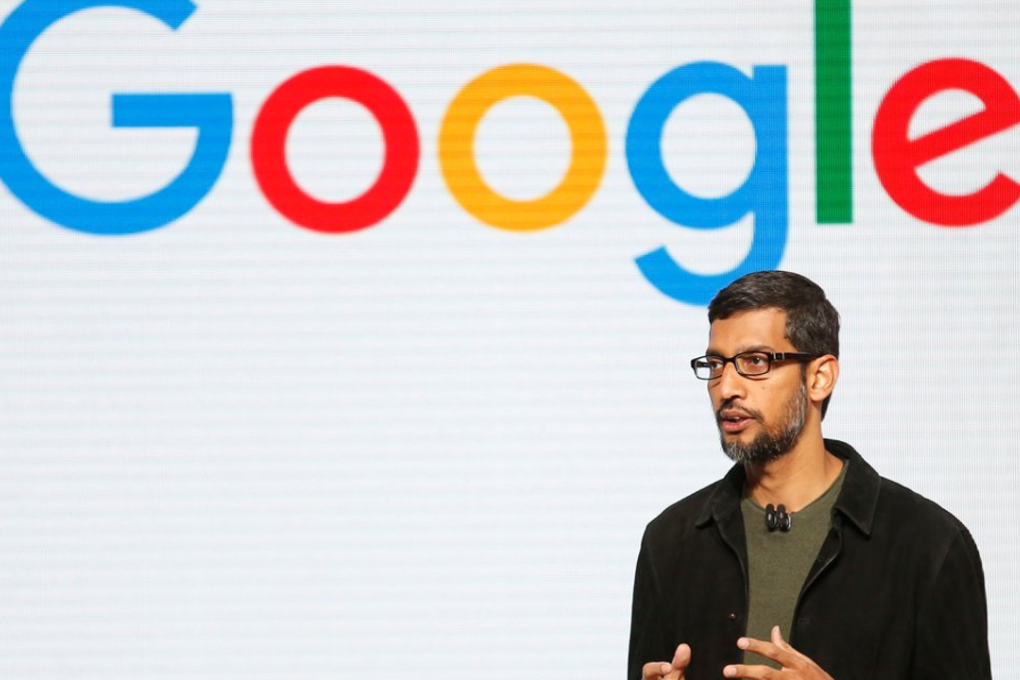Google’s new features for combatting ‘tech addiction’ have little basis in science — here’s a closer look at what the research says
Google’s new is ‘Digital Wellbeing’ initiative includes several apps and automatic features, but the scientific underpinnings of the features are thin at best

By Erin Brodwin
Google wants you to stop using the term FOMO.
Instead of complaining about your fear of missing out, the search engine giant would like you to celebrate — “JOMO,” the joy of missing out. And it hopes a bunch of new features geared at preventing you from feeling addicted to your devices will help.
Intended to free Android users from the tether of their smartphones, the strategy includes features that allow users to do things like track the time they spend on social media, block distracting notifications, and make their screens less vibrant around bedtime.
But it’s a big question whether the strategy will actually do any good. The features don’t have much basis in science.